Minister for Defence Readiness and Industry Luke Pollard used his first visit to the Clyde in his new role to underline the importance of skills, industry and exports.
The trip to BAE Systems’ shipyards at Govan and Scotstoun was also the first ministerial visit since the yards secured the Norwegian order for five Type 26 frigates.
Speaking to the UK Defence Journal, Pollard linked the export success to long-term employment, strengthened alliances and the UK’s ability to deter threats.
Pollard said he wanted to see for himself the improvements in productivity at the newly opened Janet Harvey Hall in Govan, which has been designed to streamline the build of complex warships. “I’m here in Glasgow today to see the amazing work that’s taken place on the Type 26 frigates after the success of the Norway frigate deal that is going to extend the production of Type 26s on the Clyde. I wanted to see the workforce for myself, see the improvements in productivity that have been made with the opening of the Janet Harvey Hall, to see that frigate factory really showing productivity boosts.”
He pointed to the Norwegian deal as confirmation that the Clyde is producing some of the most advanced naval platforms in the world. “Britain makes some of the best military equipment on the planet, and what we saw with Norway buying the Type 26 frigates was not just that they were buying the best in class anti-submarine warfare frigate on the planet, but they were buying a partnership, a partnership with the UK Government, with our military and with our industry,” he said.
Pollard added that the Type 26 has already secured interest well beyond Britain’s own requirements, with Australia and Canada committed alongside Norway. He said further export success would have a double effect: sustaining jobs at home and equipping allies with the capability they need. “If we succeed in winning more of the export orders like we have with Norway, that not only creates and sustains more jobs in Britain, but it makes sure that all our allies in these difficult times are able to field the very best equipment to deter any aggression and defeat it if necessary.”
Skills at the core of strategy
The minister highlighted skills as the foundation of this success. “If you were to boil down the defence industrial strategy to one word, it would be skills,” he told me. He praised the Clyde Skills Centre as an example of industry-led investment, while pointing to new “defence growth deals” as a sign that government is stepping in more actively.
“I want to see not only more private sector investment in skills such as the brilliant Skills Centre we’ve got here on the Clyde with BAE Systems, Rolls Royce’s similar offer in Derby, but I want to see the MOD support more skills development in regions up and down the country. That’s why we announced the defence growth deals, including one for Scotland, in Plymouth, in South Yorkshire, Wales and Northern Ireland as well.”
For Pollard, this is both a security and an economic imperative. Skills are needed not only for uniformed personnel but for the civilian workforce that designs and builds ships, submarines and aircraft. “If we want to have a safer nation, we need to generate more military skills, both for the men and women in uniform, but for those people that support them in the private sector, in defence industries, and that’s why we’re investing more in skills nationwide.”
Deterrence and threats
The minister also linked shipbuilding directly to the frontline threat environment. He cited Russian incursions into Polish and Estonian airspace, alongside surveillance activity by Russian vessels near the UK, as evidence of the need for continued naval investment. “We can see the threats from Russia to our allies on NATO’s eastern flank, with the incursions into Polish airspace, into Estonian airspace. We know the threats that the UK faces, not just from cyber disruption, but also from the Russian spy ships that have been sailing around our coast. Well, now is the time to invest in defence.”
Pollard said that the government’s “historic uplift” in defence spending, the largest since the Cold War, will be directed towards domestic companies. The aim is to secure long-term employment and create capacity for further exports. “If you just look at the investment on the Clyde, the Norway frigate deal, the orders for the Type 26s being built on the Clyde, and the Type 31s being built in Rosyth, it shows years and years of good, well-paid jobs ahead.”
A personal note
Asked about taking on his new responsibilities, Pollard reflected on his background and the shift in his role. Until September, he had served as the Armed Forces Minister. His new post as Minister of State for Defence Readiness and Industry brings a broader remit, covering procurement reform, industrial growth, readiness of stockpiles and the link between defence and the economy.
“Look, I’m deeply proud to be a navy brat. I represent a military city. I know how important defence is,” he said, adding that the role now requires him to focus on both the front line and the industrial base that sustains it. He described the job as central to two of the government’s core missions: safety and growth.
“I think there’s no more important jobs in government than keeping the nation safe. It’s the first duty of a government to keep the nation safe, but it’s also the first mission of this government to grow our economy. And defence can be and is an engine for growth, creating jobs up and down the country. And I’m really proud I get to play my part in it.”
Beyond the policy detail, Pollard’s visit to the Clyde placed the spotlight on the people who build the ships. In the new shipyard halls, apprentices and experienced hands are shaping steel into vessels that carry both national pride and strategic weight.
With Type 26 frigates bound for the Royal Navy and further variants under construction for Australia, Canada and now Norway, the Clyde has become a nexus of industrial skill and allied cooperation. Pollard left the message that the strength of Britain’s fleet lies as much in the training and resilience of its workforce as in the warships themselves.


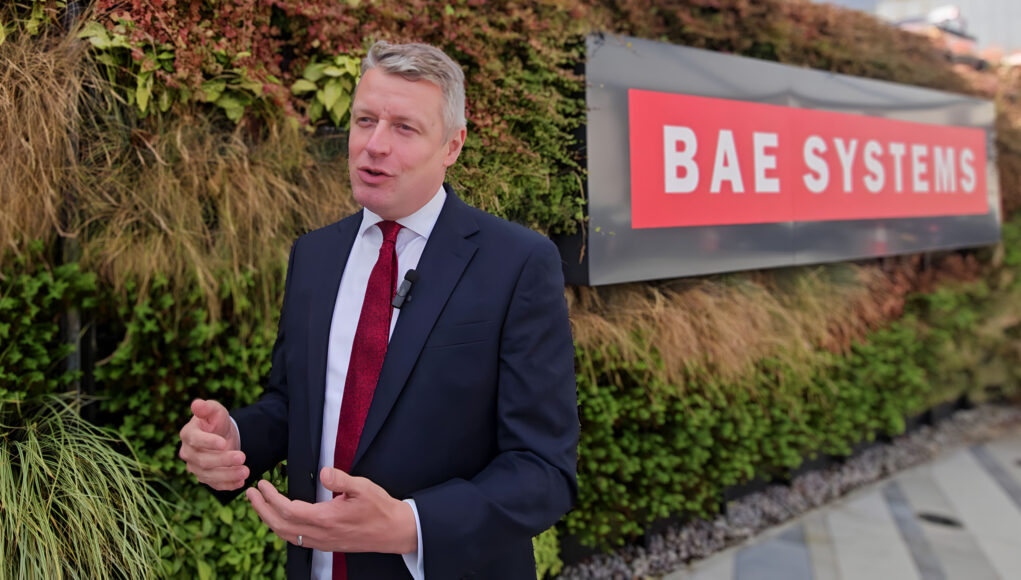


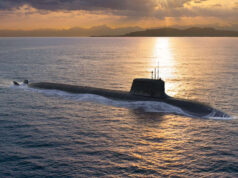
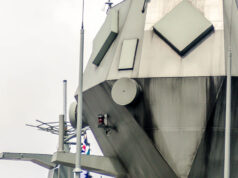
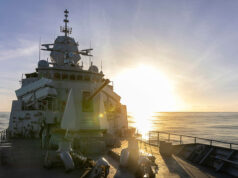

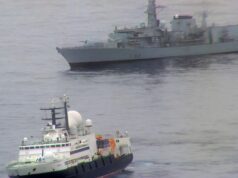
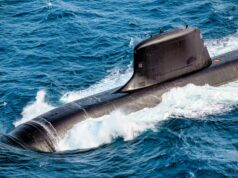
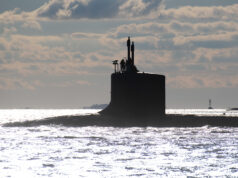
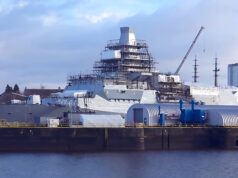

All the very best in your new role Mr Pollard Sir.
We are all keen to see the fruits of your efforts.
Oh look, another Uniparty politician pretending to understand defence. So no more Eaglespeke, Pollardrambles instead.